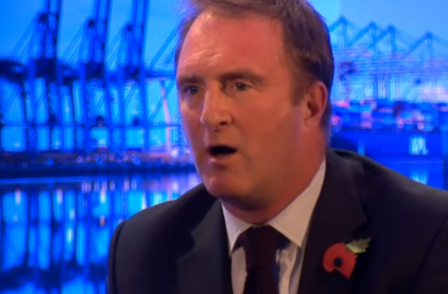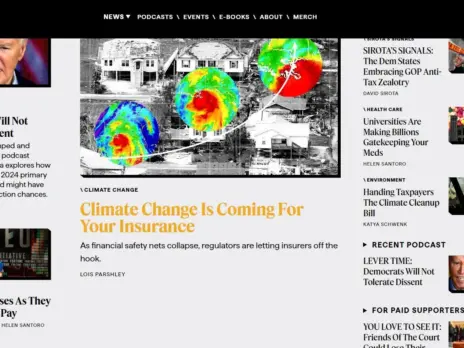
BBC head of news James Harding said the corporation is investigating buying content from local newspapers and setting up a fund to pay for court reporting.
And he also hit back at the widespread complaint amongst newspaper publishers that the BBC undermines them by being such a strong, free online competitor.
He told editors that the BBC wants “more partnerships, more openness, more trying things out”.
And insisting that the BBC does not have a negative impact on the newspaper business, he said: “I don’t think that the BBC is the problem.”
“Look at countries, such as the US, where there is no BBC. The newspaper industry is in much worse shape. And, in fact, if you take a considered look at the data, as Mediatique the consultancy have done, then you find that actually the UK is among the most successful online news markets in the world, it gives UK audiences unprecedented choice and acting as a great British export.
"Look at providers providers – the Daily Mail and Guardian (two of the top three newspaper websites in the world), look at the FT and the BBC – together they have around 400 million unique users per month, two-thirds of which are outside the UK.”
He said that overall UK online news revenues are close to £500m a year and said: “This is the most exciting time to be a journalist since the advent of television.”
Harding said that it is in the BBC’s self interest to see a “thriving local news business” and that it was in the self interest of the local news business to see a “thriving BBC”.
“We act, I hope, as a megaphone for independent journalism in the public interest. A Britain without the BBC will lose that platform for your work. It will not mean more news, it will just mean more PR.
“It will mean more people getting their political information from direct mail from from the political parties. It will be more consumer information relayed by retailers, wholesalers, people with a product to sell.”
Harding that the BBC is carrying out an audit in West Yorkshire and Bristol looking at how stories are sourced by the BBC from other news organisations and whether it could pay for them.
He said it has also discussed creating a fund to cover local courts and that conversations are planned with the Press Association and Ministry of Justice about this.
In January the BBC is hosting a joint industry event looking at data journalism at a local level.
Harding said: “On data journalism we are on the cusp of something quite extraordinary in the way we can hold public services to account. We are just beginning to understand the potential of data journalism.
“For the first time we are going to be able to look at what people in positions of authority say and measure it against the output of their public services.”
Asked about complaints that the BBC regularly lifts stories from local newspapers without attribution, he said: “It’s just not the case.”
A Times editorial from July 2012, when Harding was editor, was quoted at him in which the BBC was described as “big, bloated and cunning”. Asked if the BBC was “too big” Harding said pointed out that because the BBC is funded by every home in the UK it has to serve every home in the UK.
He said: “The question is not whether we are too big, the question is about whether we are good enough.”
Asked by Guardian reader’s editor Chris Elliott why the BBC was expanding into Australia (in competition with The Guardian Australia website) Harding played it down.
He said it was merely a reorganisation of the BBC’s homepage in Australia and added that given that The Guardian is a “formidable and aggressive news organisation” it is “a surprise to me” that the BBC had come in for criticism from Guardian Media Group chief executive Andrew Miller on this point.
Email pged@pressgazette.co.uk to point out mistakes, provide story tips or send in a letter for publication on our "Letters Page" blog






